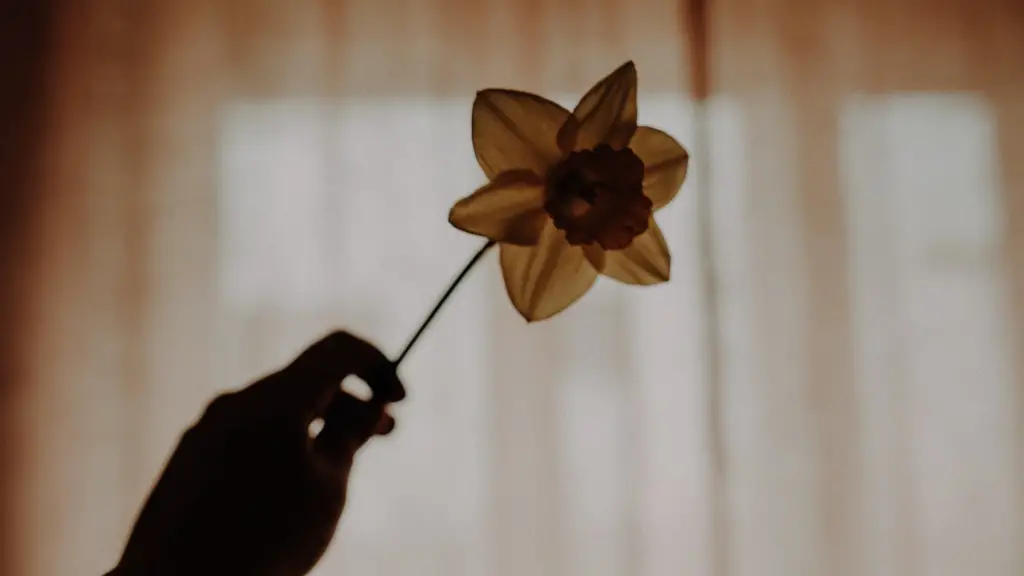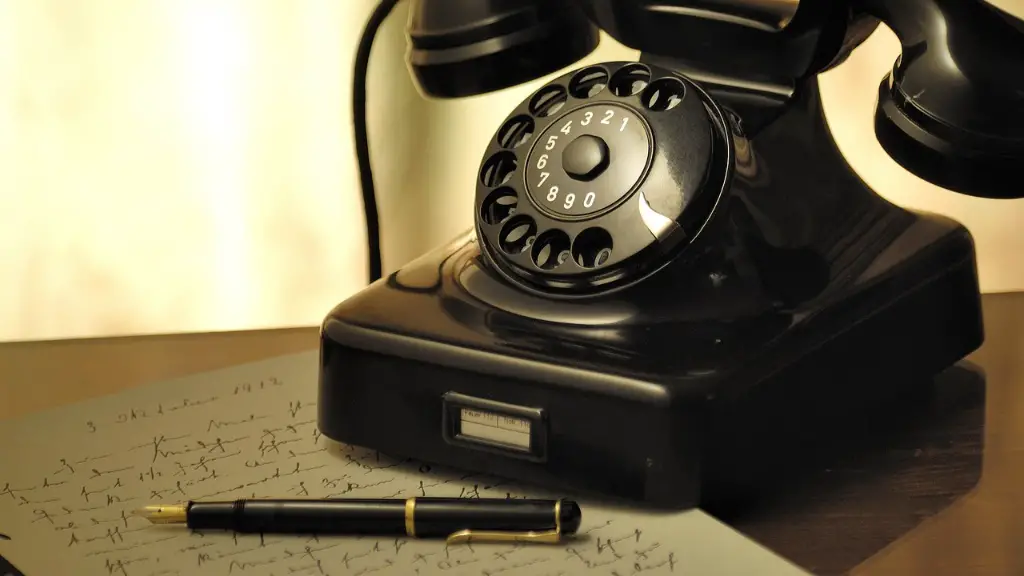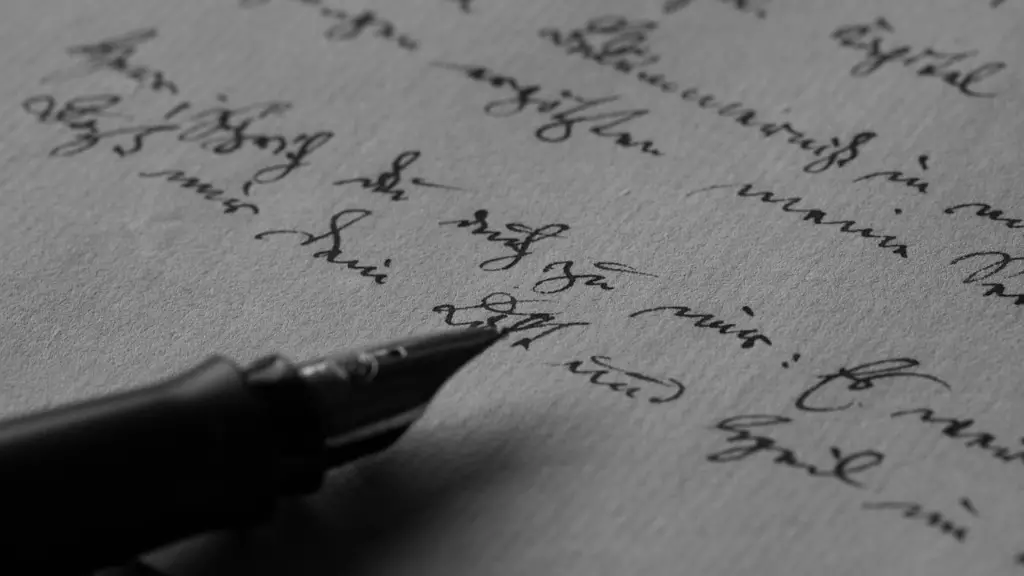General tips on Critiquing Poetry
Critiquing poetry can be tricky and intimidating. After all, poetry is its own interpretive language, so many people shy away from critiquing it! But with some insider tips and a little practice, you can easily become an expert at critiquing poetry. The most important part of critiquing poetry is to understand and analyze the text. This means understanding both its literal content and the figurative elements in it. You should identify any themes present in the poem, analyze how they are developed, and draw your own conclusions. Once you have done this, you can then focus on the form. Look at the rhythm, rhyme, meter, and other poetic tools used by the poet, and consider how they add to the overall effect.
Once you have considered the content and form, start focusing on the overall effect. Consider the mood, atmosphere, and atmosphere of the poem. Think about how the imagery and words connect with each other and work together to evoke a particular emotion or thought in the reader. Also consider whether the poem is successful in delivering its message – does the poet’s voice clearly convey what they are trying to say?
When critiquing a poem, it is important to keep an open mind. Do not be swayed by personal opinions or prejudice. Much of what makes poetry great is that it speaks to a variety of readers in a variety of ways, so your opinion will be just as important as that of any other critic. Also, it is helpful to speak publicly about your opinion. Even if you disagree with the poem’s direction, always be sure to explain why.
Critiquing Structure and Ideas
When critiquing a poem, one should look closely at the structure and ideas represented within the poem. Does the poem have a clear and concise narrative arc? Is there a story present or is the poem focused on a theme or thought? Look closely at the stanzas, lines and individual words to determine if there are any shifts in focus or emphasis. You may also want to consider if there are any rhyme schemes or other poetic devices used to create specific effects.
Another element to consider when critiquing a poem is the ideas within the poem. Do the ideas presented make sense? Have they been thought through or just randomly added? Are there any logical gaps or leaps or can you clearly trace the ideas from one point to the next? Are there any elements which are left unexplained or feel contrived? Consider how well the ideas are conveyed; are they easily understood?
Finally, consider whether the poem successfully explores its subject matter. Are the ideas clearly explored or do they feel cobbled together? Is the subject matter compelling or does it lack depth? Does the poem tackle its subject matter in an interesting or innovative way?
Understanding Language and Metaphors
When critiquing poetry, understanding the language and metaphors used is essential. For example, do the words chosen create a certain atmosphere or mood? Are metaphorical devices used to convey subtle meanings, thoughts or feelings? Are the words chosen appropriate for the subject matter?
Metaphors, similes and other types of figurative language should all be analysed in order to understand the meaning of the poem. Note any unusual uses of language – these may be symbolic and have a deeper meaning. Consider whether the words and metaphors used match the tone of the poem and if they enhance the overall effect.
Remember, understanding the language and metaphors used by the poet is key for accurately critiquing a poem.
Interpreting Imagery and Symbolism
Critiquing a poem also requires an understanding of the imagery and symbolism used. When analysing a poem, carefully consider the imagery and symbolism used. Is there imagery which is used in service of a particular thought or message? Do the images used contribute to the overall atmosphere of the poem and/or convey a deeper meaning? Are there any symbols which carry a specific meaning – either to the poet or the reader? Consider how the imagery contributes to the overall effect of the poem.
While some images may be obvious, you may need to look a little deeper to understand the subtler meanings. Consider the context and tone of the poem, as this can provide clues as to which images are to be interpreted figuratively and which are to be interpreted literally.
Analyzing Tone and Mood
When critiquing a poem, it is important to consider the overall tone and mood. Is the tone of the poem light and airy, or dark and somber? Does the mood change at certain points in the poem and if so, why? What emotions are being portrayed? Are there ambivalent feelings or tensions which the poem reflects?
The tone and mood of a poem can often be difficult to pin down, as it is often created by a combination of the words, motifs and imagery used by the poet. Consider whether the tone and mood of the poem adds to the overall effect, or detracts from it. Additionally, you may want to consider whether the poem successfully explores the themes or ideas it is attempting to address. These can be especially important when considering the overall tone and mood of the poem.
Analyzing the Poet’s Writing Style and Voice
The last element to consider when critiquing a poem is the poet’s writing style and voice. What makes this poem stand out? Is it the poetic devices and language used? The subject matter? Is the writer’s voice clear and consistent? Is the poem written in a traditional manner or does it challenge convention?
These are all important questions to consider when critiquing a poem. It is essential to understand the poet’s writing style in order to understand how they view their work and how they want it to be interpreted. This can help you to identify subtleties which might have been missed and to get a better understanding of the overall effect of the poem.
Conclusion
In conclusion, critiquing a poem is no easy task. It requires understanding of the content, form, structure, imagery, symbolism and tone of the poem, as well as an understanding of the poet’s writing style and voice. With practice and some insider tips, you can become an expert at critiquing poetry!




